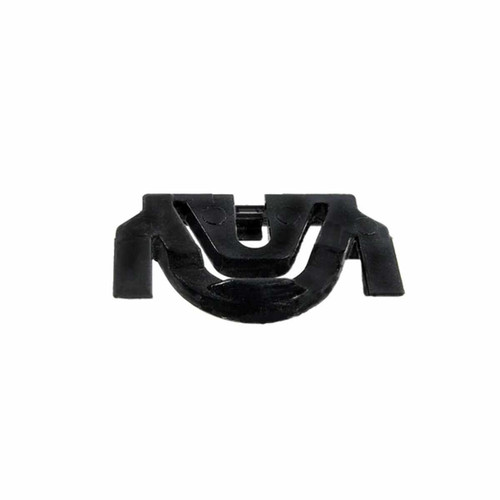-

Door Reveal Molding Clip for 1975-1978 Pontiac Ventura 1 Piece Rear Nylon
MSRP: $39.97$35.97 -

Door Reveal Molding Clip for 1970-1973 Ford Maverick 1 Piece Rear Steel
MSRP: $39.97$35.97 -

Door Reveal Molding Clip for 1981-1989 Chrysler LeBaron 1 Piece Rear Nylon
MSRP: $39.97$35.97 -

Door Reveal Molding Clip for 1968-1980 Buick GS 350 1 Piece Rear Steel
MSRP: $39.97$35.97 -

Door Reveal Molding Clip for 1967-1974 Ford Country Sedan 1 Piece Rear
MSRP: $39.97$35.97 -

Insulated Half Clip for Universal Application 1 Pc Zinc Plated w Rubber Coat 304
MSRP: $39.97$35.97 -

Door Reveal Molding Clip for 1973-1985 Buick Apollo 1 Piece Front Windshield
MSRP: $39.97$35.97 -

Window Channel Clip for Universal Applications 1 Piece Black Plate Stee
MSRP: $39.97$35.97 -

Hood Insulation Clip for Universal Applications 1 Piece EDMP Rubber WF 7-O
MSRP: $37.74$33.97 -

Insulated Half Clip for Universal Application 1 Pc Zinc Plated w Rubber Coat 307
MSRP: $38.86$34.97 -

Insulated Half Clip for Universal Application 1 Pc Zinc Plated w Rubber Coat 306
MSRP: $38.86$34.97 -

Door Reveal Molding Clip for 1973-1979 Buick Apollo 1 Piece Front Windshield
MSRP: $39.97$35.97
On stocked items
